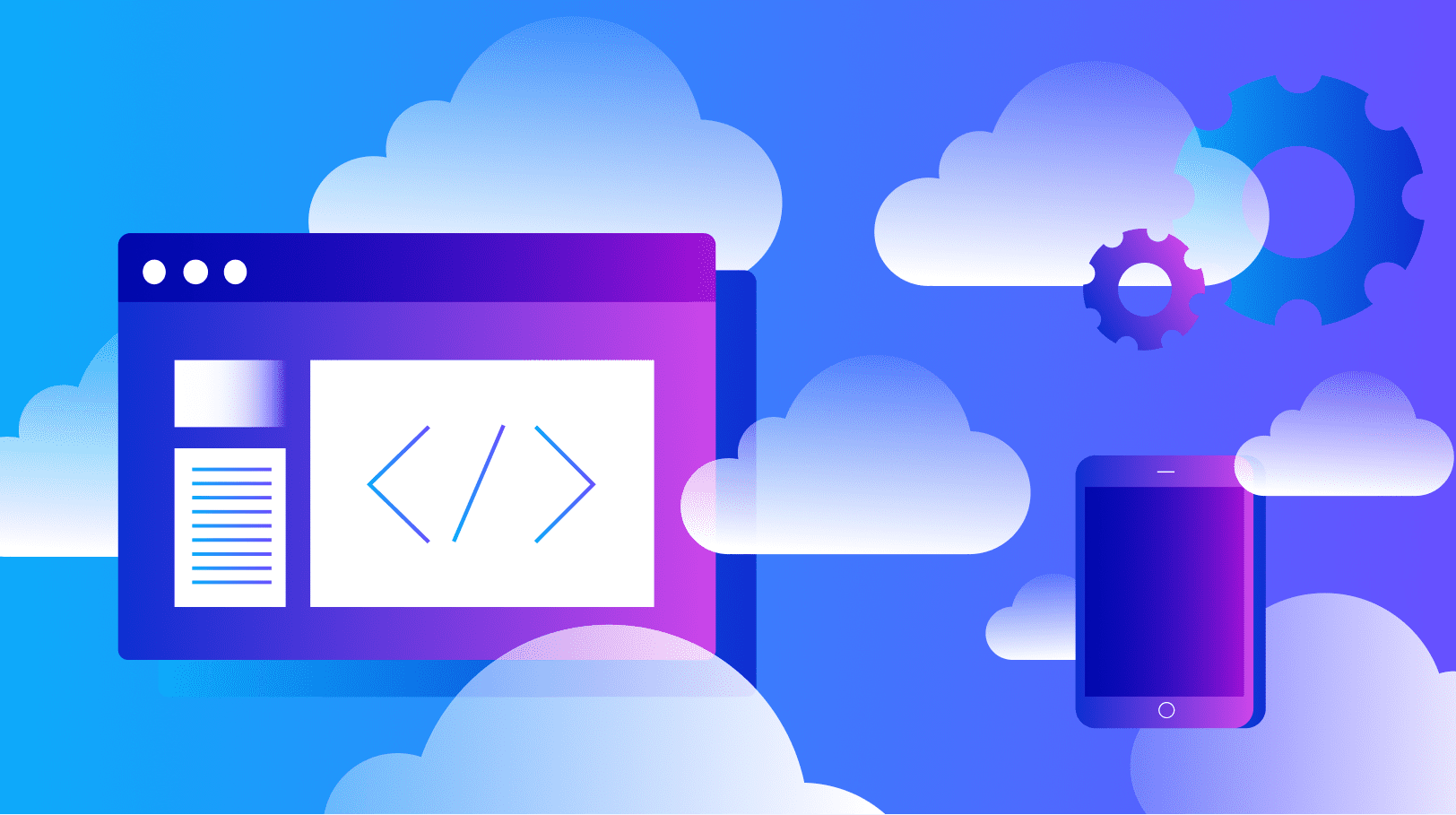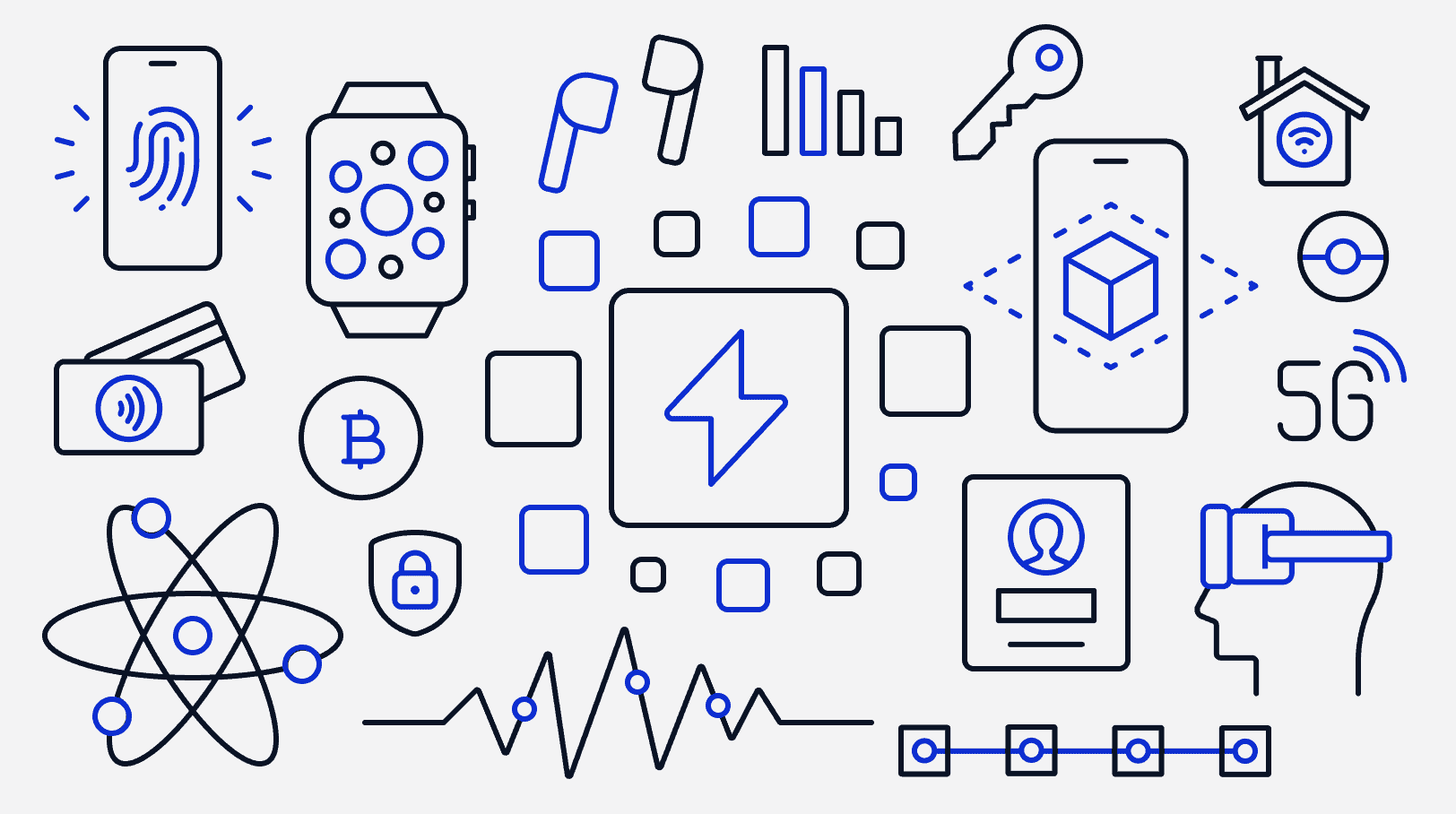
Enterprise Mobile Application Development
Build cross-platform applications for any user, device, and operating system.

Welcome to the inescapable world of mobile application development
With a smartphone in every pocket and new digital technologies launching daily, mobile applications are an assumed expectation for your customers and employees.
To keep up with the competition and deliver the best possible customer interactions, enterprises must provide consistent, convenient experiences across an array of modern mobile technologies.
But mobile application development can be complex — even for seasoned developers — and is often a laborious undertaking for businesses with insufficient resources or traditional development processes.
Demystify mobile application development with low-code
Low-code mobile application development alleviates the burdens of typical development practices by replacing complex coding with visual, model-driven processes.
Build browser-based progressive web applications, sophisticated native iOS and Android applications, and responsive web experiences all in a single platform. Low-code enables enterprises to deliver native device features and rich user experiences while leveraging the latest mobile technologies.
Developers without mobile experience can create exceptional mobile applications with a low-code platform, while experienced developers can extend those applications with custom coding for maximum openness and extensibility.

Drive mobile innovation with Mendix’s
enterprise low-code platform
Develop, test, and deploy mobile applications for all devices, browsers, and operating systems in a single platform. Mendix provides the tools and services enterprises need to turn ideas into outcomes.
Related resources
-
![Native vs.
Web vs. Hybrid Apps]()
Native vs. Web vs. Hybrid Apps vs. PWAs: The Pros & Cons
Building a mobile app? Get to know the mobile architectures: web apps, native apps, progressive web apps (PWAs), and hybrid apps.
-
![cloud native app development]()
Cloud-Native Apps: Examples, Benefits, and More
See what distinguishes cloud-native from cloud-compatible applications, the benefits, and how to start building cloud-native apps.
-
![Future of Mobile App Dev]()
What is the Future of Mobile App Development? 5 Trends to Watch
What is the future of mobile app development? Here are some exciting trends to watch, including AR, VR, AI, blockchain, and security.
-
What is the mobile application development process?
The mobile application development process with low-code typically follows five stages: Ideation, development, testing, deployment, and operations. The development lifecycle is the same whether you are building a web portal or a sophisticated native application.
-
How much does it cost to develop a mobile application?
The price of building a mobile application depends on many factors. If you are using conventional development, the time to market and cost will depend on the complexity of the application. If you are using a low-code platform, development time is accelerated and more teams can contribute, which can reduce or eliminate many of the costs associated with traditional development.



















